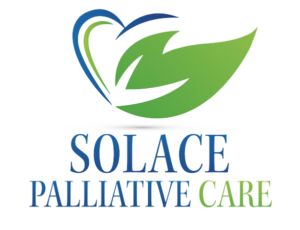
If the person you care for has received a dementia diagnosis, talk with them NOW about their wishes for medical care at the end of life. It’s a critical time to update their advance care directive. For both your sakes, the sooner you start this conversation, the better.
Are you hesitant to bring up the topic?
You may fear an angry response or denial that anything is wrong. Or perhaps you worry about depression. Try reframing the conversation:
- Prior planning. Often, advance directives have been included in estate planning documents. Focus on updates and distributing to current physicians.
- Work on your directives together. Everyone needs an advance directive. Share what your thoughts are for your own directive (even if it’s complete already). Then ask about your relative’s wishes.
- Consider it an act of love. You want to know what kind of care your relative wants and what they most fear. With this, you can advocate for their preferences.
Choose a decision maker
If nothing else, it’s a good idea for your loved one to pick one person to be his or her medical decision maker. If the need should arise, this person would coordinate with the medical team to carry out your relative’s end-of-life wishes.
Other tips with dementia:
- Talk to your loved one shortly after the diagnosis. Awareness is high, and your relative is more lucid than he or she will be in the months or years to come. The earlier you have the conversation, the more likely it will be that the person has the capacity to sign needed documents.
- Plan on several conversations over time. People with dementia are easily overwhelmed. Keep the conversations short and focused.
For more tips, see TheConversationProject.org. They have a Starter Kit for families of persons with dementia.

